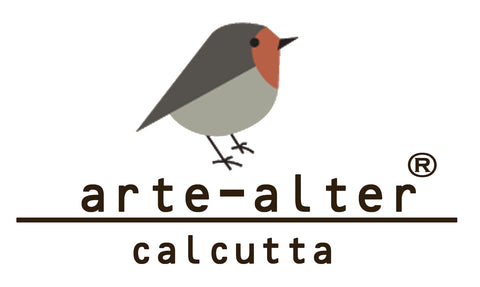

The general description or definition of “inclusivity” states the practice or policy of providing equal access to opportunities and resources for people who might otherwise be excluded or marginalized, such as those having physical or mental disabilities or belonging to other minority groups.
But over the years, we have experienced and seen lack of social inclusiveness in every segment of our society and it seems to be more relevant now than ever before. From our work places, offices, and the various different people we meet in our everyday life, it is important that we value “inclusivity”. Inclusion is about welcoming, developing, and advancing a diverse mix of individuals, It’s about making all people feel valued, including changing practices that might unfairly benefit any one group, and making sure that everyone feels they have the same opportunity to advance and make an impact. Creating that environment is where the real challenge lies.
Often in our everyday life we also overlook the importance of inclusiveness. Unknowingly we at times do not give importance or biased to the person only because they do not match to our expectations. Implicit bias is universal. We all have unconscious biases or autopilot behavior that guides our mindset and actions. Uncovering those blind spots can give us the power to choose how we interact and operate in a more deliberate, conscious, and inclusive manner.
Whether as a human or as entrepreneurs, speople need to be self-aware. Self-awareness is critical, because you don’t want to unwittingly advantage someone just because they went to your school, or share the same gender or race as you.
Inclusion will help all of us because it will open us up to new ideas and help us think differently. As disruption occurs across industries, new ideas are needed from more diverse perspectives to be more innovative and competitive in our rapidly changing world.
Social inclusion is the act of making all groups of people within a society feel valued and important. Social inclusion means that people:
- Experience a sense of belonging
- Are accepted (for who they are) within their communities
- Have valued roles in the community
- Are actively participating in the community
- Are involved in activities based on their personal preferences
- Have social relationships with others whom they chose and share common interests
- Have friends
When people experience some or all of these conditions in their life they are more likely to be happier and healthier. In fact, social inclusion is an important “determinant of health” – without inclusion, people are more likely to experience poor health (including poor mental health), loneliness, isolation, and poor self-esteem.
When it comes to inclusivity for us, we as a new sustainable fashion brand and a startup, take it as a responsibility, because “inclusiveness” is also a part of sustainability and sustain life. The weaving clusters we are working with has fifty percent women working as weavers and yarn spinners. Our workshop in Kolkata also has four women within a team of people, alongside men, working in the hand embroidery and finishing department. Presently we are also developing samples of shibori through women in correctional homes, by collaborating with a brand who trains them in learning the art fabric tying for shibori. It is not just the artisans and people behind our handmade products; it is also the consumers we have taken into consideration. We make sure that our products have a believable price tag which maximum of the population will be able to relate to. The ideology of the brand is not to focus just on one particular privileged segment of the society but to include as many followers and consumers as possible and thereby creating more awareness about sustainability and loving their home grown brands. We have taken very small steps, and we do have a very long way to go when it comes to “inclusivity”
Find similar articles
awarenesscircular economyecofriendlyethicalgood for earthgood for peoplegreen earthhand spunhand weavehandcraftedhandmadeinclusiveinclusivenessinclusivityindiaknowledgelifestylenatureour blogrecyclereducereusesave the artisanssave the planetsocial awarenesssocial inclusivenesssocial responsibilitysustainabilitysustainablesustainable lifestylesustainable living
